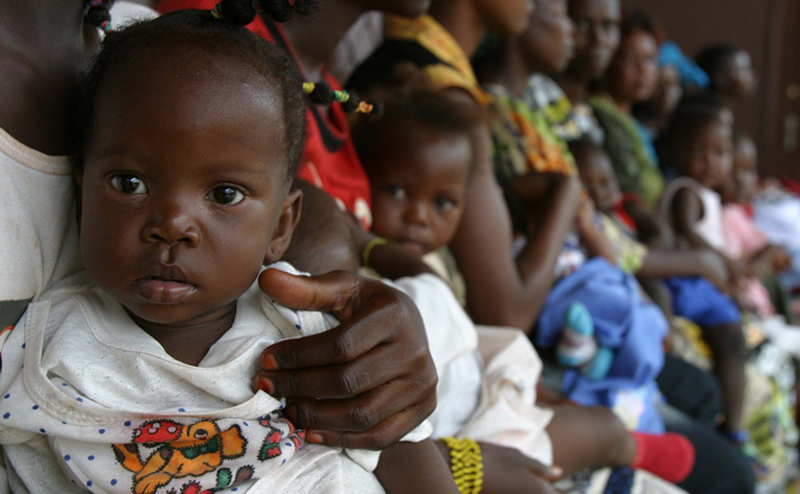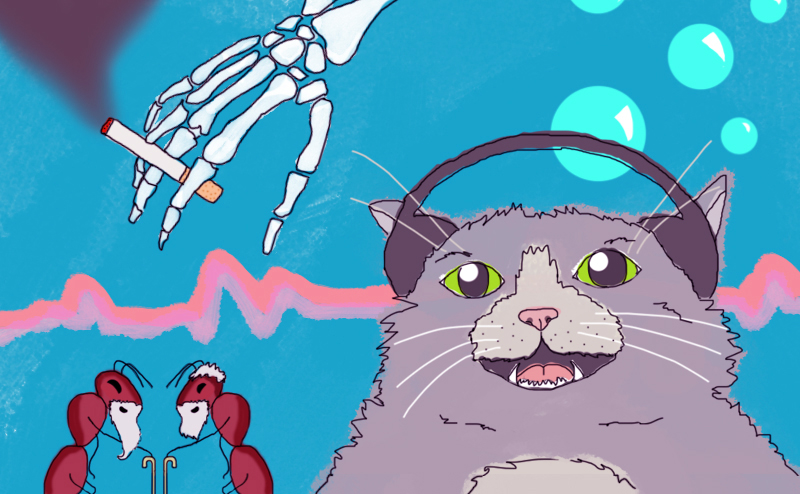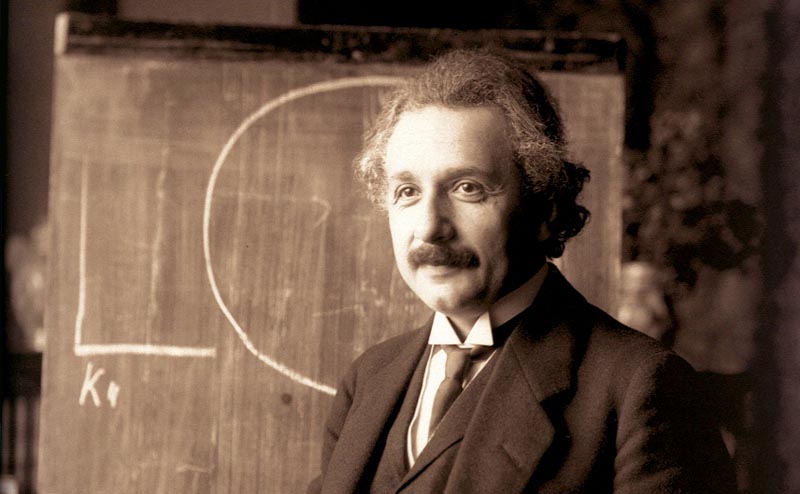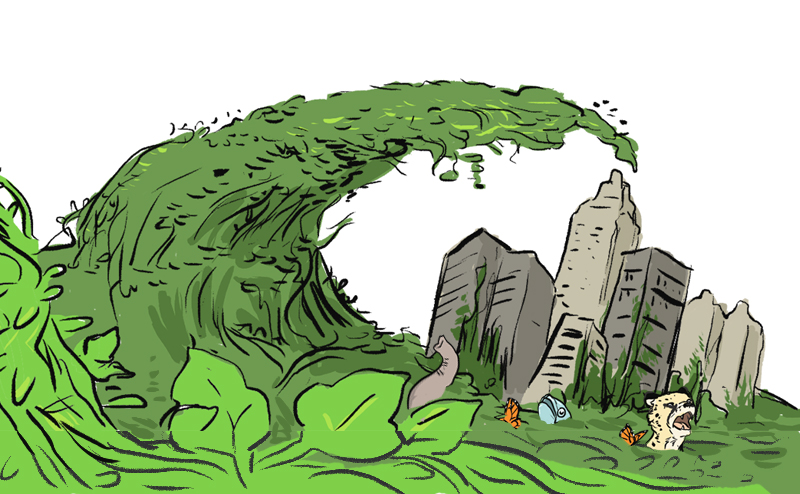Articles

Just as the terrible tide of Ebola is seeming to finally draw back from Liberia and the geographical distribution of cases in Africa is contracting, a new wave of disease may be poised to rush in to hard-hit West Africa: measles. New research published in the journal Science suggests that the strain Ebola has placed on local infrastructures leaves populations vulnerable to the next opportunistic pathogen. “Even after the last Ebola case recovers, the disruptions of local health systems caused by the outbreak could lead to a second infectious disease crisis that could kill as many as, if not more than, the original outbreak,” Princeton University researcher Saki Takahashi and colleagues wrote in their paper. Ebola Leading to Fewer Vaccinations? During the past year, many health centers in Liberia, Guinea, and Sierra Leone—the three countries most impacted by Ebola—had to close. Others stayed open, but fear of catching Ebola meant that many people stopped coming in for other services, including getting their children vaccinated for diseases like measles. “Measles in particular is known to show up during or after humanitarian crises because it’s so infectious,” coauthor and Johns Hopkins scientist Justin Lessler said in a conference call with reporters. Using data from …
Read MoreJust as inexorably as spring follows winter, so do the complaints about daylight saving time seem to follow moving the clock ahead an hour. Does springing forward really mess up our brains as much as we might gripe about it on Monday morning? We do influence our own bodies with our habits—as anyone who’s had a Saturday night ice-cream-and-feelings bender can tell you—so it’s not totally impossible that we might be able to influence our circadian rhythms with something like shifting our schedule forward or backwards. But can we actually rewind our internal clocks?
Read MoreHuman genius is a funny thing—even Albert Einstein had his moments of frustration with quantum physics, as Brian Greene and Alan Alda discuss in the above clip from the 2014 World Science Festival program “Dear Albert.” Einstein failed to create a unified theory that would tame the “unruly child” of quantum mechanics, but still, arguably, contributed more to physics than any mind that came before or after.
Read More
Seven days, lots of science in the news. Here’s a roundup of some of the week’s most notable and quotable items: Cats prefer listening to music that’s made for them—with the same frequency range they use to communicate and a tempo similar to purring. Scientists managed to capture an image of light that shows it behaving as both a particle and a wave at the same time. This may be the tiniest living thing ever captured in an image. A volcano in Chile erupted spewing lava with a vigor not seen in 20 years and possibly helping produce “shocking” lightning. Climate change may have helped to spark the Syrian civil war. A whopping 60 of ~760 plants in the Everglades are at risk, a new study finds. Biggest culprits: poaching and climate change changes. The last ice age was too cold even for emperor penguins. A 2.8-million-year-old jawbone unearthed in Ethiopia suggests that members of the human genus (Homo) arose in East Africa nearly half a million years earlier than previously thought. In the jungles of Honduras, archaeologists discovered the fabled “White City,” built by a culture contemporaneous with the Maya but somewhat lost to history. Heartening news in the search for extraterrestrial life: a …
Read MoreThe best-laid plans of scientists and environmentalists can often go awry—but sometimes they backfire spectacularly. The following cautionary tales are a reminder of just how the road to ecological hell can be paved with good-intentioned conservation methods.
Read More
Even if you’re not a mathematician trading daily in numbers of all manner, you deal with them regularly. Ever since humans have had to send ships, trade goods, track natural events, they’ve played an important role in a variety of activities. But they tend to be manageable (even if counting can present a challenge). But what about big numbers? Huge numbers? The near-unfathomable ones? How can we wrap our heads around them?
Read More












